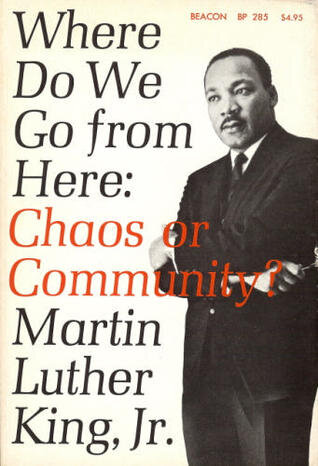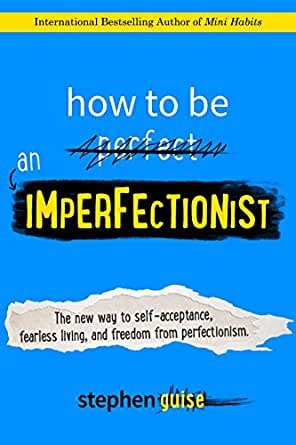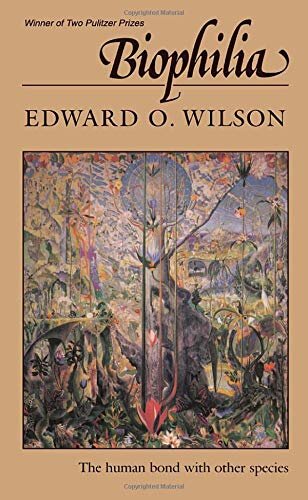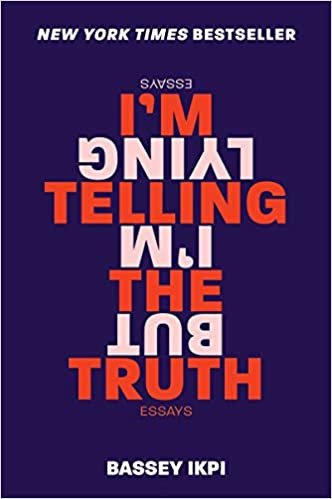The Gift by Lewis Hyde Review
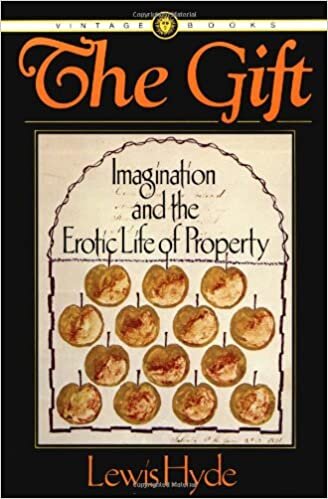
When do we think of gifts outside of our birthdays and Christmas? Outside of material things, what is our conceptualization of gifts?
Lewis Hyde expands the narrow and singularly commercial perspective of gifts and discusses their artistic, socioeconomic, political, and spiritual implications. Discuss seems like a more appropriate verb than simply write with this book because of its prominent dialectical tone. Hyde tells folk tales, quotes from the sacred texts of the Bible and Das Kapital, and converses at length with the ghosts of Walt Whitman and Ezra Pound.
Hyde’s writing emulates the ocean—with the dynamism and endless motion of waves at its surface balanced with a fundamental serenity in its depths. Hyde can be talking about the freedom and longing of country music one moment and the psychological appeal of Happy Meal toys the next but it is all unified by the brilliant simplicity of his prose.
A quote from Wendell Berry’s “The Specialization of Poetry” came to mind while reading this: “A distinguished writer is of course distinguished by his language, which is certainly his gift and his love. But his language is, after all, common tongue, to which his gift is uncommon grace and power, without his commonness he could not recognize or value his distinction.” (I didn’t think about the quote’s usage of gift but how serendipitous)
Aside from its quality of writing and unexpected breadth, The Gift revolves around a central question—how should an artist, with the understanding of their work and the distribution of it as a gift, relate to the market economy? As an aspiring professional writer myself, I’ve thought about this distracting question about how I will make money writing probably too much. And this book has gifted me with the realization that I need not worry about it at all.
While there will be a balance to be found at some point in the future, I must learn how to practice the “particular kind of unconsciousness: unanalytic, undialectical consciousness” that is necessary to develop my writing and produce the high-quality work that people would even pay for. The details will work themselves out.
I highly recommend this book for any artist or anyone who wants to read elite non-fiction writing.
Lingering Questions
How does our modern commercial conception of gift-giving holds up to Hyde’s definition?
Gifts that we give to friends, family or a partner are usually kept and not meant to be regifted or passed on, which would be seen as insult to the giver.Furthermore, givers in this commercial-Christimas-gifting situation don’t have to relinquish anything other than money, which is not the gift itself.
The people close to the giver also often tell them what they would like to receive, which seems to obfuscate the relationship between Hyde’s defintion and the modern defintion. All of these small trivial questions really just speak to a larger question of how we can apply Hyde’s interpretation of gift from all his sources to our culture and begin to practice gift-giving that truly builds community.

